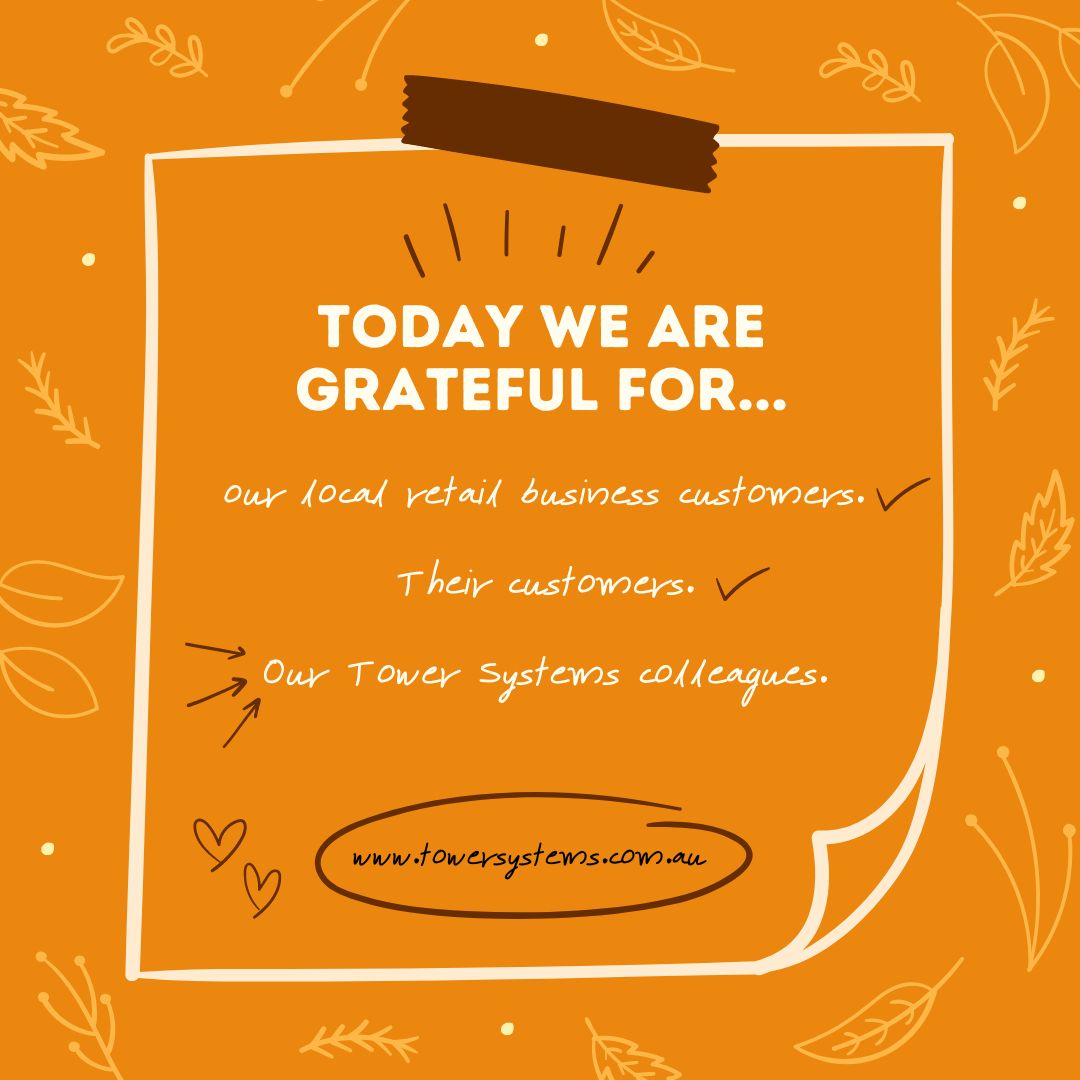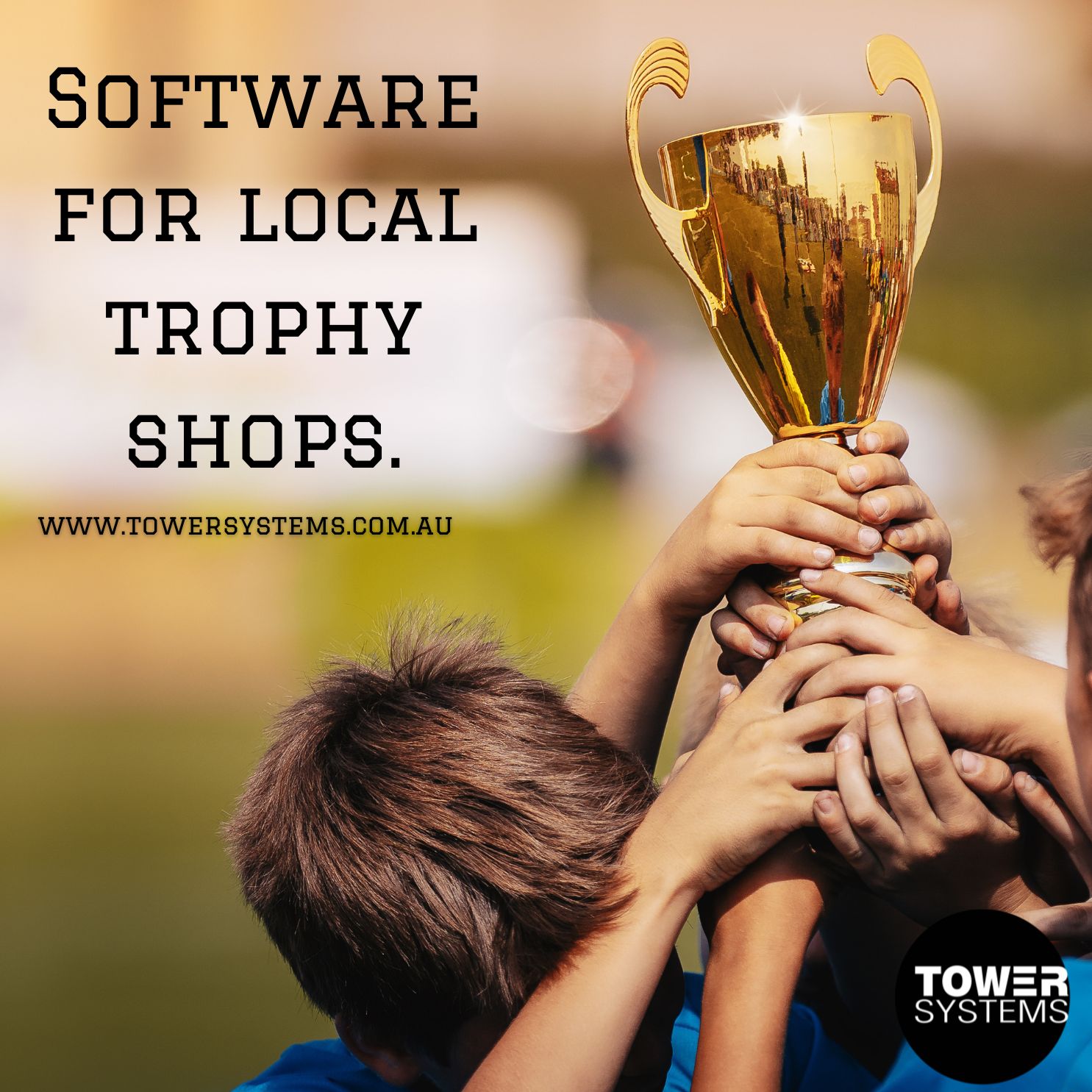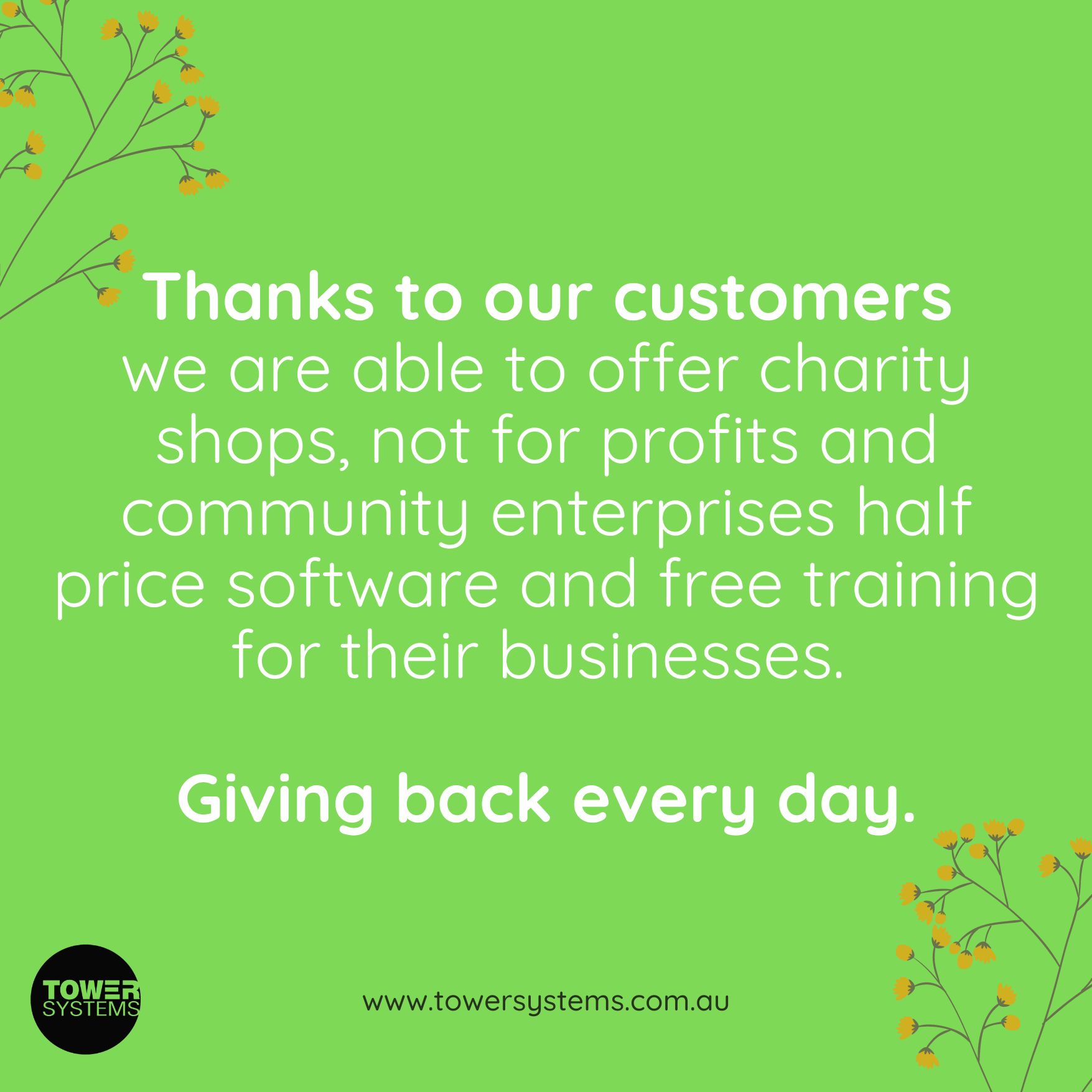Tower Systems delivers a user-friendly POS software solution specifically built for Australian pop-up shops. Our “Retailer Roam” solution empowers on-the-go retail, from pop-up shops to local markets and even mobile sales. It’s the ideal choice for your pop-up POS needs.
Many retailers have used this already, with terrific success. It’s easy to setup and has a low cost.
Pop-up shops offer a unique chance for retail businesses to connect with customers in a temporary, often limited-time setting. They provide a platform for experimentation and exploration of new opportunities.
When developing our Retailer Roam pop-up POS software, the Tower Systems team prioritised:
Flexibility and Scalability: Pop-up shops are inherently adaptable, and your offerings might evolve too. Tower Systems’ POS software seamlessly adapts to changing needs. Easily add or remove products, adjust pricing, and manage stock levels on the go.
Spot-on Stock Management: Accurate inventory control is crucial for pop-up shops to avoid stockouts or overstocking. Tower Systems provides robust inventory management tools, including barcode scanning, stocktakes, and live inventory updates. This ensures you always have a clear picture of your stock levels, allowing for informed order decisions.
Happy Customers, Loyal Customers: Building a loyal customer base is vital for any business, including pop-ups. Tower Systems helps retailers capture valuable customer data to inform smart business decisions.
All the Payment Options: A smooth customer experience hinges on convenient payment methods. Tower Systems supports a wide range of payment options, including cash, card, and digital wallets. This flexibility allows you to accept customers’ preferred payment methods and streamline the checkout process.
Clear Insights, Informed Decisions: Data-driven decisions are key to pop-up success. Tower Systems offers robust reporting and analytics tools to empower you. Gain valuable insights to maximise your pop-up’s potential.
Cloud-Based Convenience: Our pop-up shop POS software operates cloud-based, allowing access from anywhere with an internet connection – perfect for pop-ups operating in various locations or with remote staff.
Aussie Support at Your Back: Tower Systems offers local support and expertise, ensuring you receive timely assistance whenever needed.
Choosing the right POS software is key to a successful pop-up shop. Tower Systems would love to discuss your pop-up needs and see if we can be your perfect partner. We can share customer success stories and demonstrate live use in a variety of setting from markets to mobile trucks to high street pop-up shops.
Get Started:
- Email: sales@towersystems.com.au
- Phone: 1300 662 957




Recent Comments